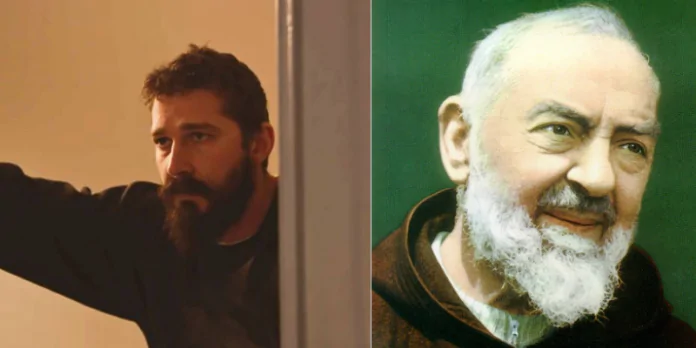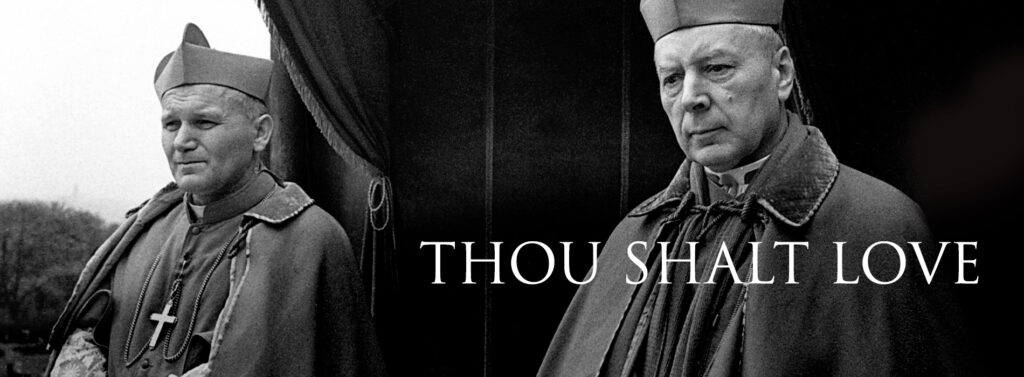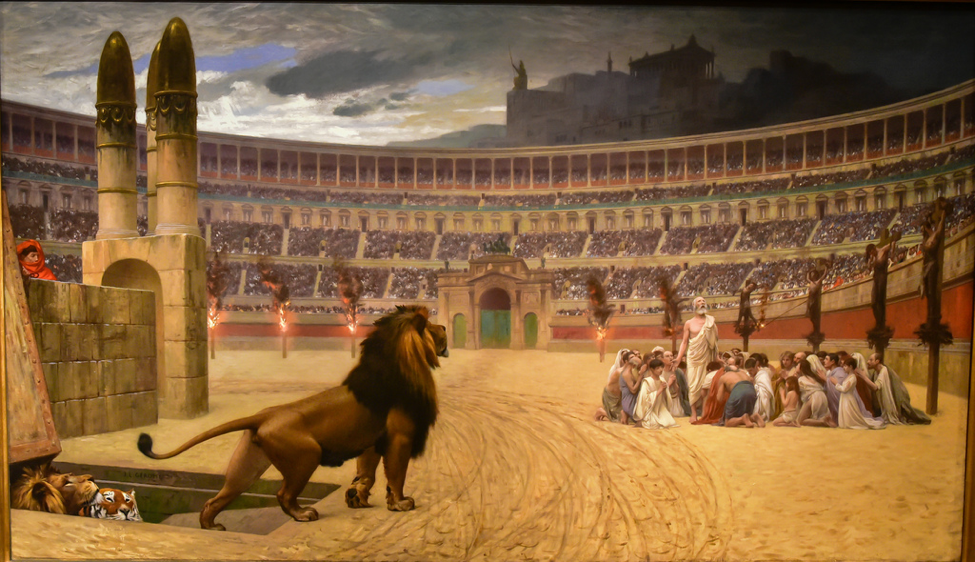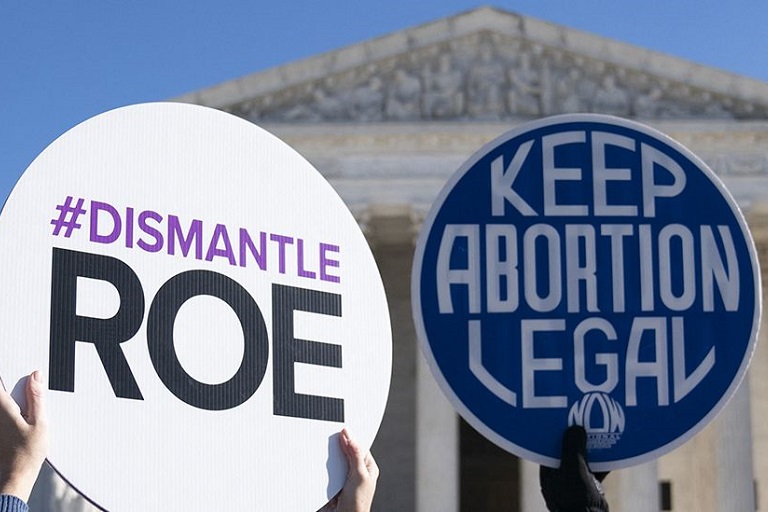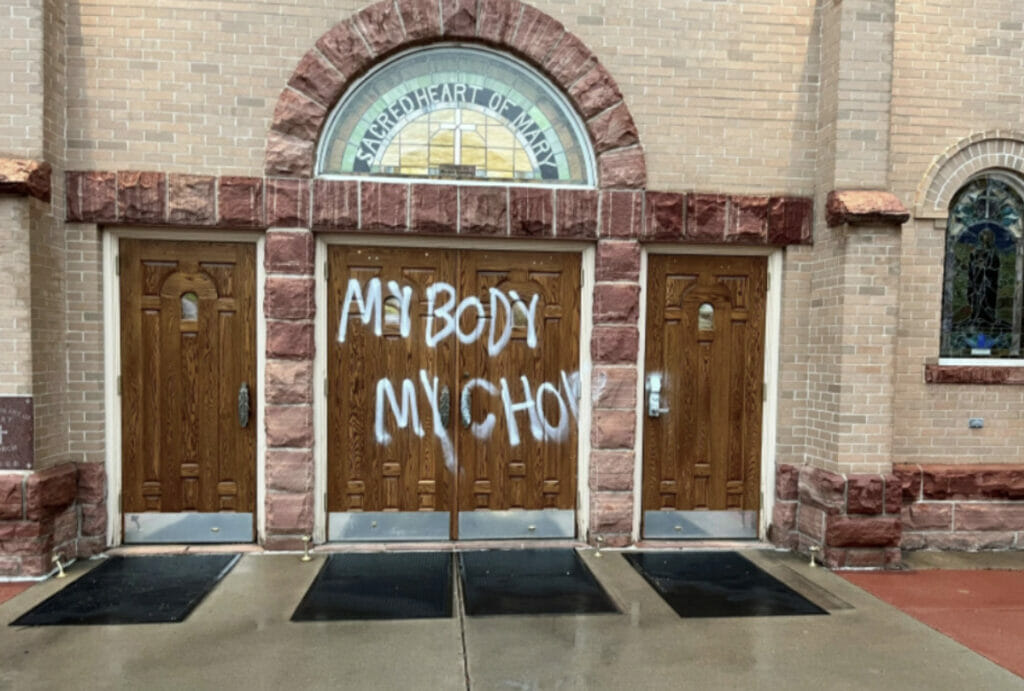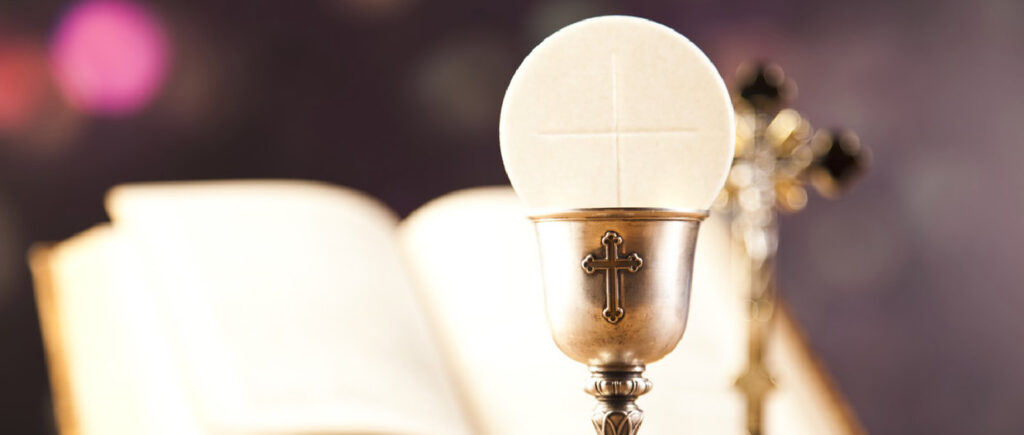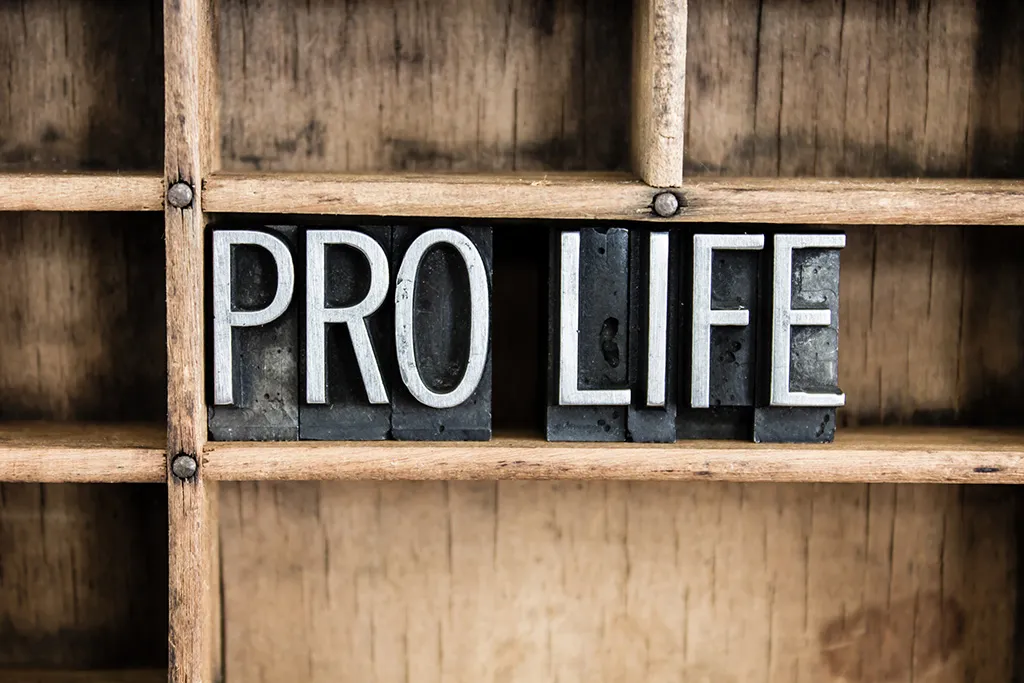Shia LaBeouf’s Inspiring Testimony on Catholicism
I usually yawn and move on when I hear of a Hollywood celebrity discovering Catholicism. That sentiment doubled when I heard that celebrity is Shia LaBeouf, probably best known for his role in The Transformers movie franchise. However, he gave an insightful interview with Bishop Robert Barron about his encounter with Catholicism while preparing and […]
Shia LaBeouf’s Inspiring Testimony on Catholicism Read More »

